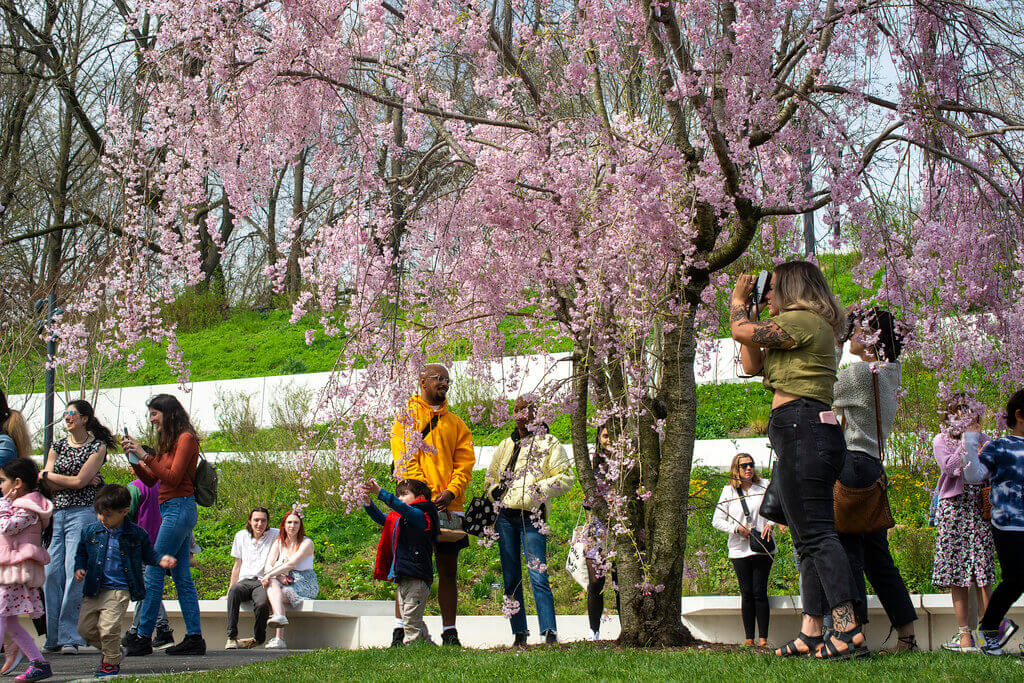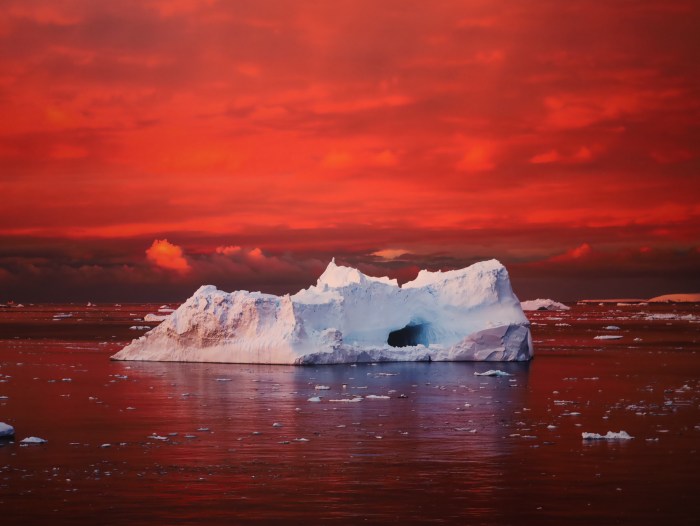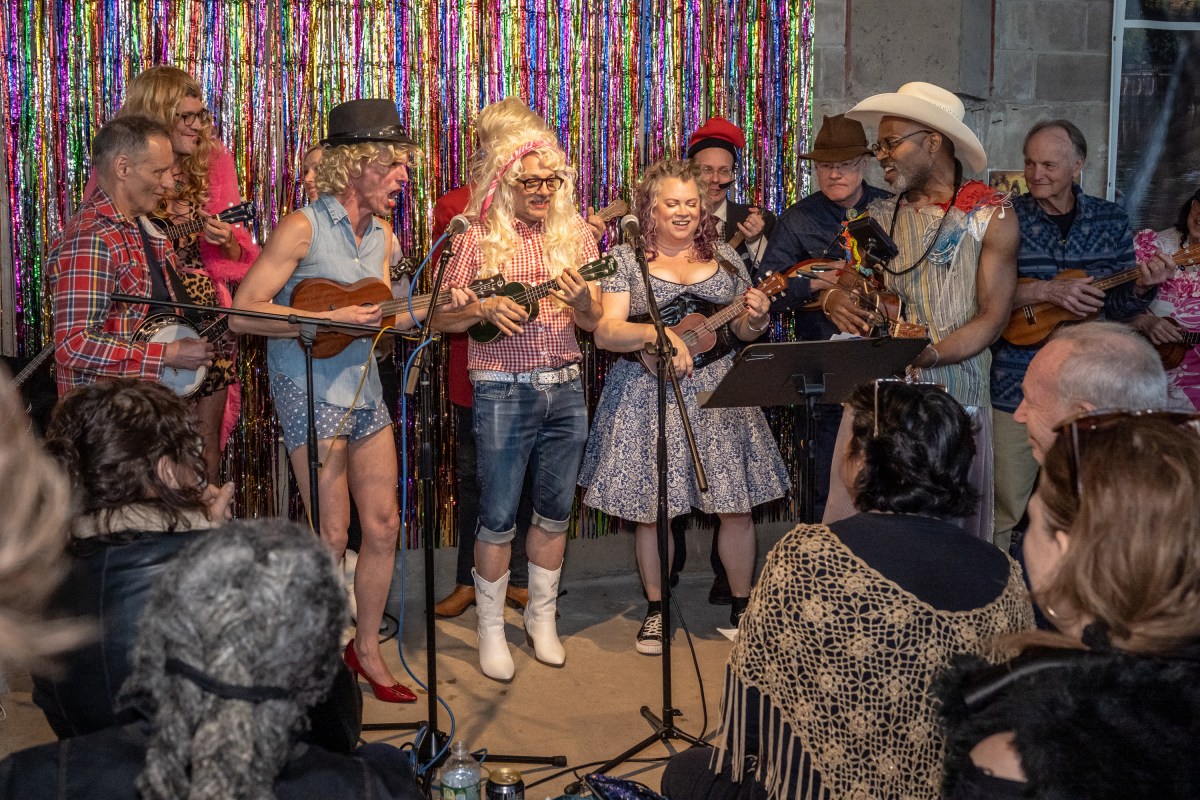BY BONNIE ROSENSTOCK | “Xingu” (pronounced “shingoo”) is a major river in northern Brazil, a tributary of the Amazon. Co-writer/director Cao Hamburger loosely based his film on the real-life saga of the three Villas-Boas brothers.
XINGU
Feature Narrative
Directed by Cao Hamburger
Screenplay by Elena Soarez, Cao Hamburger and Anna Muylaert
In Portuguese with English subtitles
Runtime: 102 Minutes
Sat. 4/21, 9:30pm
at Clearview Cinemas Chelsea;
Mon. 4/23, 3pm at AMC Loews Village;
Tues. 4/24, 4pm & Sat. 4/28, 7pm at Chelsea Clearview
For tickets and info, visit tribecafilm.com or call 646-502-5296.
Orlando (Felipe Camargo), Cláudio (João Miguel) and Leonardo (Caio Blat) spent almost two decades struggling to create the Xingu National Park in the state of Mato Grosso, the first major Indian reservation in Brazil.
In 1943, the 20-something, upper-middle-class adventure-seekers signed on to a trailblazing expedition through central Brazil. One of the group’s first missions was to build an airstrip in the wilderness. But first, they must make contact with tribes that had never before seen white people. In a tense first encounter standoff, the courageous and levelheaded brothers defused the tension without casualties on either side.
However, the encounter proved fatal, as the Indians contracted the white man’s flu, which wiped out half the village. From this tragic experience, the brothers — now expedition leaders — pledged to protect the rights of the Indians and their diverse cultures while opening the interior to Brazilian and foreign interests. “We’ll be the poison and the antidote,” said Claudio.
The brothers forged deep friendships based on mutual trust and respect during the 20 years they traversed the selva, encountering tribes assumed to be fierce and unfriendly. In scene after scene of village life — well-woven thatched huts, semi-naked people with simple needs, wants, shy smiles and generosity — the brothers resolve, while sometimes faltering, is ultimately strengthened.
Hamburger’s 2006 award-winning film, “The Year My Parents Went on Vacation,” took on a tragic chapter in Brazilian history (the year 1970, in the middle of the military junta’s 20-year rule). With “Xingu,” he has made an important biopic, which not only celebrates the work of the brothers, but also humanizes and gives voice to the indigenous peoples. Adriano Goldman’s camerawork of lush jungle and meandering rivers, which the expedition navigates to get from one new village to another, complements the project.
While there is cause to celebrate this important 51st anniversary, Indian land is still under siege. The construction of the Belo Monte dam on the river in the state of Pará, the third-largest hydroelectric project in the world, would leave indigenous communities along a 62-mile stretch without water, fish or river transport. Who speaks for them now?

















